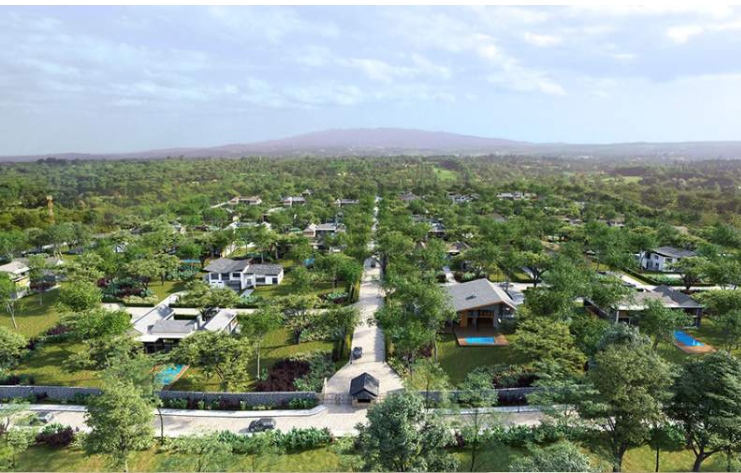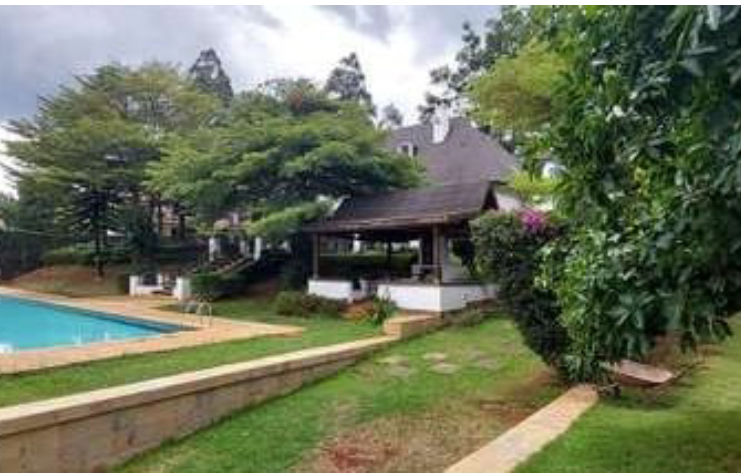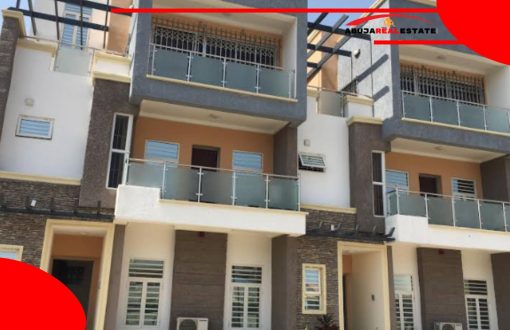Homes for Sale in Kenya: Proven Tips to Buy Property, Land, or Apartments Safely in Kenya

By Mark, the Tech and Real Estate Broker
The Kenyan real estate market has seen steady growth over the past decade, driven by urbanization, infrastructural development, and a growing middle class. Whether you’re purchasing a home for personal use, investment purposes, or retirement, Kenya offers a range of real estate opportunities for both locals and foreigners.
In this guide, we explore proven tips to help you buy property, land, or apartments in Kenya safely and strategically.
1. Why Kenya is an Attractive Real Estate Market
Kenya remains one of Africa’s most promising property investment destinations due to its political stability, economic growth, and infrastructural advancement. Cities like Nairobi, Mombasa, Kisumu, and satellite towns such as Kitengela and Ruaka are key hotspots for buyers seeking residential or investment properties.
Key drivers of the real estate boom in Kenya include:
- Expansion of road networks and transport systems, such as the Nairobi Expressway and Standard Gauge Railway (SGR).
- Increased demand for affordable housing through government-backed programs.
- A rise in middle-class income and lifestyle aspirations.
- Steady demand for rentals in urban areas from students, expatriates, and professionals.
Read Also: Time of Kenya vs Nigeria: Kenya is 2 Hours Ahead—Here’s Why
2. Types of Homes for Sale in Kenya
Understanding the various types of properties available will help you choose one that fits your needs and budget:
a. Apartments (Flats)
These are multi-unit buildings, typically located in urban or peri-urban areas. Apartments are often favored by first-time buyers, professionals, or investors looking for rental income.
b. Townhouses and Maisonettes
These are semi-detached or standalone multi-level homes, often found in gated communities. They appeal to families who seek security and more space.
c. Standalone Bungalows
Single-level detached homes are popular in rural or suburban areas. They offer privacy and land for gardening or expansion, making them ideal for retirees or long-term homeowners.
d. Land for Development
Purchasing land offers the flexibility to build according to your specifications. Whether it’s for residential or commercial development, locations such as Ngong, Joska, and Kamulu present growing opportunities.
3. How to Search for Homes in Kenya

The process of finding a suitable property begins with research. Leveraging both digital platforms and local knowledge is essential for success.
Recommended methods for finding property include:
- Established online platforms like BuyRentKenya, Property24, and Jiji.co.ke.
- Licensed real estate agencies and registered property developers.
- Networking through family, friends, or real estate forums.
- Property expos, site visits, and roadshows by reputable developers.
Always validate the authenticity of listings by contacting the seller directly, requesting property documentation, and conducting site visits.
4. Legal Tips for Buying Property in Kenya
Legal due diligence is arguably the most critical part of any property transaction in Kenya. Following the legal process ensures that your investment is protected from disputes or fraud.
a. Verify Ownership
Request a copy of the title deed and conduct a land search at the Ministry of Lands. This search will reveal the legal owner, type of tenure (freehold or leasehold), and any encumbrances or caveats.
b. Check Zoning and Land Use
Confirm with the local county office whether the land or property is zoned for residential, agricultural, or commercial use to avoid future conflict with planning authorities.
c. Use a Licensed Advocate
A qualified real estate lawyer will guide you through the sale agreement, stamp duty calculations, title transfers, and ensure all legal formalities are completed appropriately.
5. Financing Options for Homebuyers
Many buyers in Kenya choose to finance their home purchases through various lending institutions or payment plans. Below are the most common options:
a. Bank Mortgages
Commercial banks offer mortgage products with flexible repayment terms. Examples include KCB, NCBA, Absa, and Stanbic. Most institutions require at least a 10–20% deposit.
b. SACCO Financing
SACCOs (Savings and Credit Cooperative Organizations) offer member-based loans at lower interest rates. Mwalimu SACCO, Stima SACCO, and Harambee SACCO are among the popular choices.
c. Developer Payment Plans
Some developers offer in-house financing or staggered payment plans, especially for off-plan projects. This allows buyers to pay in installments while construction is ongoing.
6. Common Mistakes to Avoid When Buying Property
Despite the many opportunities available in Kenya’s real estate sector, buyers must stay alert to common pitfalls:
a. Failing to Conduct Due Diligence
Skipping the legal verification process can result in purchasing property with contested ownership or fraudulent titles.
b. Ignoring Location Factors
Evaluate the location for accessibility, infrastructure, security, and future developments. These affect both the property’s value and livability.
c. Engaging Unlicensed Agents
Only deal with real estate professionals registered with the Estate Agents Registration Board (EARB) to reduce the risk of scams.
d. Underestimating Transaction Costs
In addition to the purchase price, budget for legal fees, valuation charges, stamp duty (usually 4% in urban areas and 2% in rural areas), and registration costs.
7. Safe Ways Foreigners Can Buy Property in Kenya
Foreign investors can legally own property in Kenya, subject to certain limitations:
What is Permitted:
- Foreigners can own leasehold land (up to 99 years).
- Apartments and buildings can be registered under individual or company names.
- Joint ventures with Kenyan citizens are common for larger developments.
Important Considerations:
- Foreigners cannot directly own freehold land.
- A Personal Identification Number (PIN) from the Kenya Revenue Authority (KRA) is required for land transactions.
- Legal representation is crucial to ensure compliance with land control laws and registration procedures.
8. Final Checklist Before Buying Property
To ensure a smooth and secure transaction, use the checklist below:
- Obtain and verify a copy of the title deed from the seller.
- Conduct a land search at the Ministry of Lands.
- Confirm property zoning and building regulations with the county authority.
- Engage a licensed real estate advocate for legal guidance.
- Sign a sale agreement and issue payment only after verification.
- Pay applicable taxes and fees, including stamp duty.
- Ensure the title transfer is completed and registered in your name.
Frequently Asked Questions (FAQ)
1. Can foreigners own property in Kenya?
Yes, foreigners can own property, especially leasehold land (up to 99 years), and apartments. However, ownership of freehold land is restricted to Kenyan citizens.
2. How long does it take to complete a property transaction in Kenya?
On average, it takes between 30 to 90 days, depending on the complexity of the transaction and how quickly due diligence and registration processes are completed.
3. What is the cost of stamp duty in Kenya?
Stamp duty is 4% of the property’s market value in urban areas and 2% in rural areas.
4. Are online property listings in Kenya trustworthy?
While many listings are genuine, scams are common. Always verify the source, conduct due diligence, and engage a lawyer before making any commitments.
5. What are the best areas to buy property in Nairobi?
Some of the best areas include Karen, Runda, Lavington, Kilimani, Westlands, Syokimau, and Ruaka, depending on your budget and lifestyle preferences.
6. Is buying off-plan property safe in Kenya?
It can be safe if you’re working with a reputable developer with a track record. Always demand legal agreements, architectural approvals, and phased payment structures.
Conclusion
The Kenyan real estate market offers numerous opportunities for homebuyers and investors. However, the process requires careful planning, legal diligence, and informed decision-making to avoid costly mistakes. By following the tips outlined in this article, you will be well-positioned to buy a home, land, or apartment in Kenya securely and confidently.
As a tech and real estate broker with years of hands-on experience, I continue to assist local and foreign clients in navigating Kenya’s property landscape safely. Whether you’re exploring residential neighborhoods or planning your next big investment, the key is to approach each step with caution and clarity.


